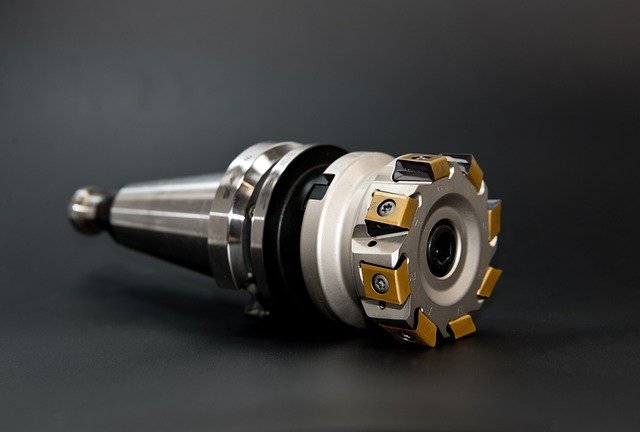Manufacturing Jobs and Career Paths in the Netherlands
The manufacturing sector offers a wide range of roles, from production operators and machine technicians to process engineers and quality specialists. Jobs in manufacturing can suit people seeking hands-on work, technical roles, or positions that combine management and engineering. In the Netherlands, this sector includes high-tech, food processing, and advanced materials, and it often requires a mix of practical experience, training, and formal education to advance.

What types of manufacturing jobs exist?
Manufacturing covers entry-level operator roles, skilled technician positions, and professional engineering jobs. Entry-level roles often involve assembly, packing, or machine operation. Skilled roles include maintenance technicians, CNC programmers, and electricians. Professional roles cover process engineers, quality assurance specialists, and production planners. Many companies also employ roles in logistics, procurement, and health and safety. Each role has distinct day-to-day tasks and advancement paths, so researching job descriptions helps match personal interests with suitable manufacturing work.
How can you build a manufacturing career?
Building a manufacturing career typically combines on-the-job experience with targeted training. Start in an entry-level role to learn plant processes and safety standards. Seek opportunities for cross-training, apprenticeships, or internal promotion programs. Networking with supervisors and participating in continuous improvement projects can expose you to managerial or technical pathways. Many employers value candidates who demonstrate reliability, problem-solving, and willingness to learn new systems, such as automation or ERP software. Career progression often moves from operator to specialist to supervisor or engineer roles over several years.
What training supports manufacturing roles?
Training ranges from short technical certificates to multi-year apprenticeships. Short courses cover topics like welding, PLC programming, and machine maintenance. Apprenticeships pair classroom learning with paid work and are common in skilled trades, providing recognized competency credentials. On-site safety training—including lockout/tagout and hazardous materials handling—is mandatory in many workplaces. Employers may also offer vendor-specific training for equipment or software. For those changing careers, vocational training and industry certifications provide practical skills employers look for in manufacturing candidates.
What education do employers in the Netherlands expect?
Dutch employers often value vocational education (MBO) and applied higher education (HBO) for technical and engineering roles. For highly technical or research-focused positions, a university degree (WO) in engineering, materials science, or industrial design may be preferred. Practical experience and certifications can offset formal degrees for many operational roles. Language skills, particularly Dutch and English, can be important depending on the employer and region. Education that combines theoretical knowledge with practical internships or projects tends to align well with employer expectations in the Netherlands.
What skills are in demand in manufacturing?
Technical skills such as CNC operation, electrical troubleshooting, and PLC programming are frequently requested. Equally important are soft skills: problem-solving, teamwork, and attention to quality. Digital literacy is increasingly essential as manufacturing adopts automation, robotics, and data analytics. Familiarity with lean manufacturing principles, continuous improvement methodologies, and quality management systems (e.g., ISO standards) is an advantage. Employers also value safety-conscious behavior and the ability to learn new tools and processes quickly.
Where to find local services and employers in the Netherlands?
Job seekers can explore manufacturing employers through industry associations, regional job portals, and vocational schools offering placement services. Local services such as municipal employment centers, vocational training providers, and recruitment agencies can connect candidates with apprenticeships and entry-level roles. Company career pages for manufacturing clusters—such as food processing in North Brabant or high-tech in Brainport Eindhoven—list vacancies and trainee programs. Networking events, trade fairs, and targeted training organizations are practical avenues for finding suitable employers and understanding regional labor market needs.
Conclusion
Manufacturing jobs present a variety of pathways suitable for different skill sets and aspirations, from hands-on technician roles to engineering and management positions. Progression typically combines practical experience, targeted training, and formal education, with specific expectations varying by role and region. In the Netherlands, vocational pathways and applied education are common entry points, while continuous upskilling—especially in digital and automation technologies—helps maintain long-term career momentum.






